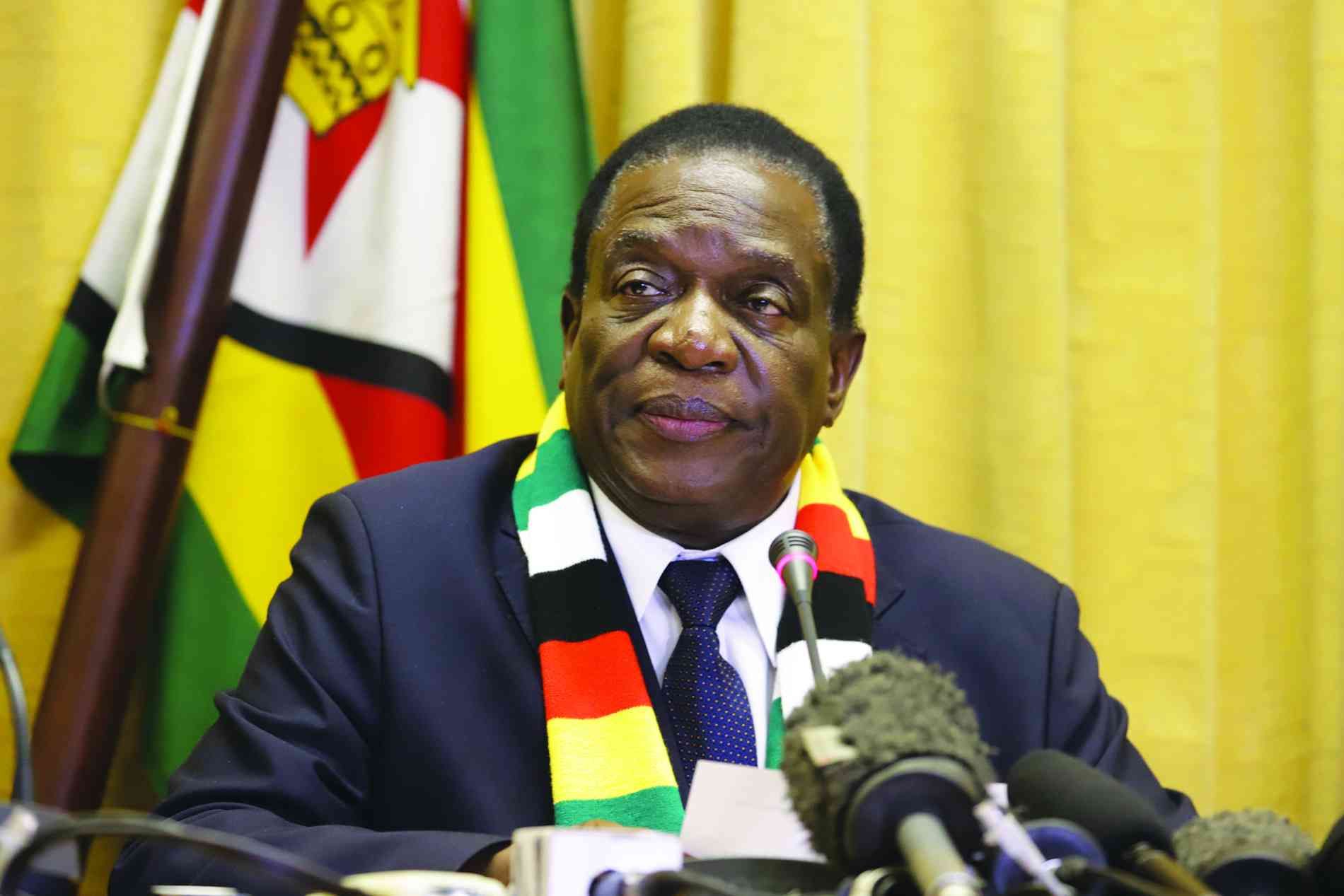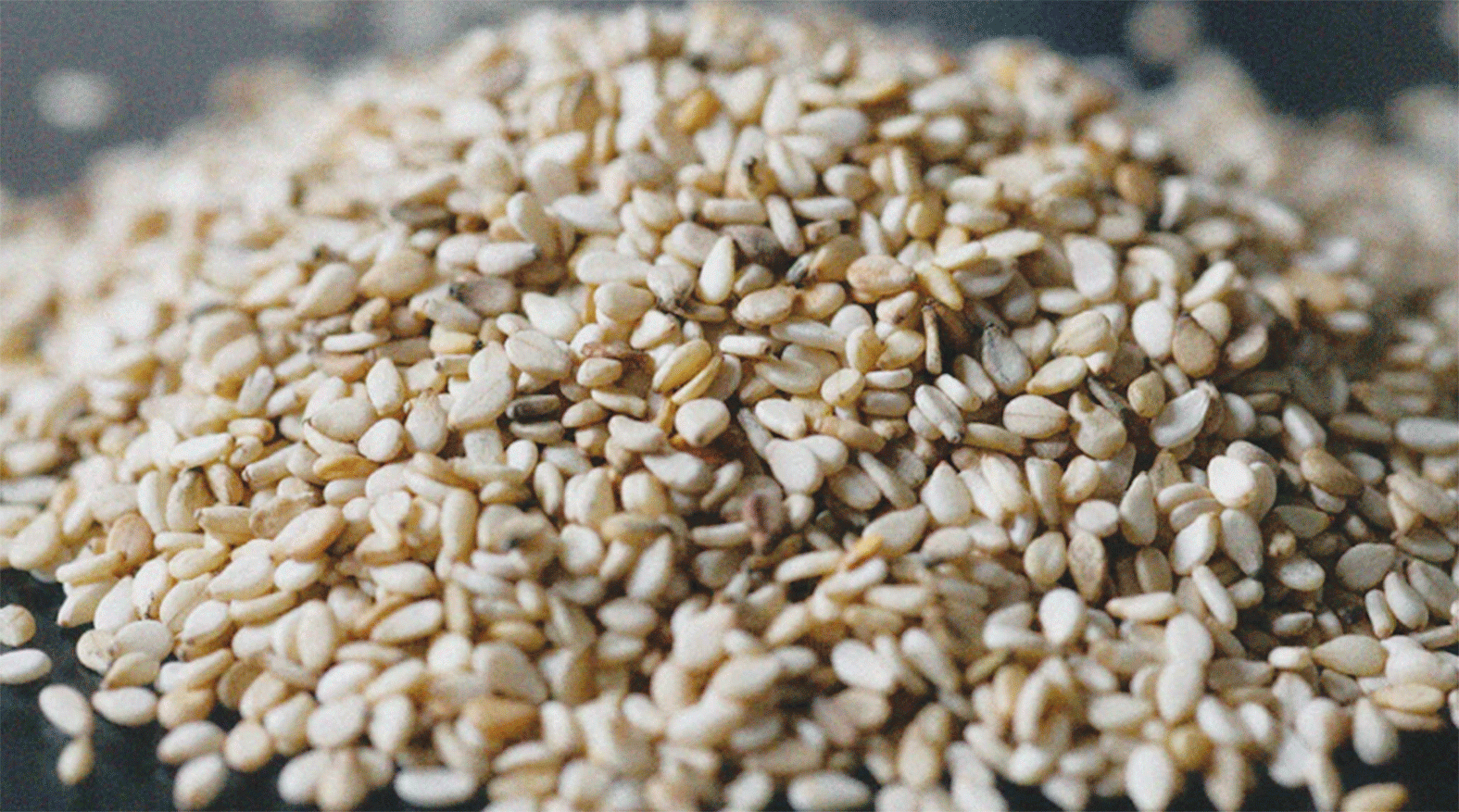
THERE is need for concerted effort from all sectors of the economy if the fight against counterfeits is to be won.
It all depends on political will.
The Executive must show an appetite to end all the misdeeds we are seeing on the market.
If the Executive sets steep penalties for smuggling and dealing in counterfeit products in the country, it sends a clear message that enough is enough.
It should then desist from interfering with law enforcement because more often than not runners of high-profile persons are the major players on the market for counterfeit commodities.
Law enforcement agents must be left to discharge their duties without fear and favour, not fearing repercussions in the event they arrest a runner of a prominent person.
Unfortunately, the elite are found wanting when it comes to keeping their hands clean in such matters.
Phone calls are made seeking the release of the law-breakers.
- Meikles Empire: An heir emerges
- Vungu Dam water treatment and irrigation project takes off
- Vungu Dam water treatment and irrigation project takes off
- Sadc must intervene on Zim crisis: SA
Keep Reading
At times even visits to police stations are made.
Remember how the late former Vice-President stormed Avondale Police Station demanding the release of “my boys”, referring to then Zimbabwe National Road Administration acting chief executive officer Moses Juma and others.
Incidents of name-dropping have been reported as well, where those found on the wrong side of the law allege that they runners of powerful politicians, the untouchables.
There is also the need to deal with the high taxes local players have to contend with.
The taxes are just too many and exorbitant while the processes are too cumbersome.
According to the Standard Bank, a corporate makes as many as 51 payments in taxes in a year, while in sub-Saharan Africa the number of payments is 36,6.
A few weeks ago, economist Eddie Cross said in Zimbabwe, there are 51 taxes, whereas in neighbouring South Africa, there are only seven.
Such numerous high taxes create fertile ground for smuggling of counterfeits as businesses evade statutory obligations.
There is also need to revive and broaden the Distressed Industries and Marginalised Areas Fund to not only focus on firms based in Bulawayo, but countrywide.
Several companies complain of the high costs of production, which they say has ripple effects on the prices of their products, thus the costs are passed on to the consumer.
In the Daily Maverick last December, a Zimbabwean woman said: “I come to South Africa once a month to buy food and other things this side. It is so much cheaper. Back home it’s either we don’t have stocks or it is very expensive.
“It would be easier to buy in Zimbabwe, but we have no choice …”
Therein lies the danger of bringing counterfeit products to the country.
Counterfeit goods manufactured in unregulated and unhygienic conditions can contain harmful chemicals or banned substances that pose significant risks to human health and safety.
Hence everyone has the responsibility to ensure the fight against counterfeits is won without fail.






